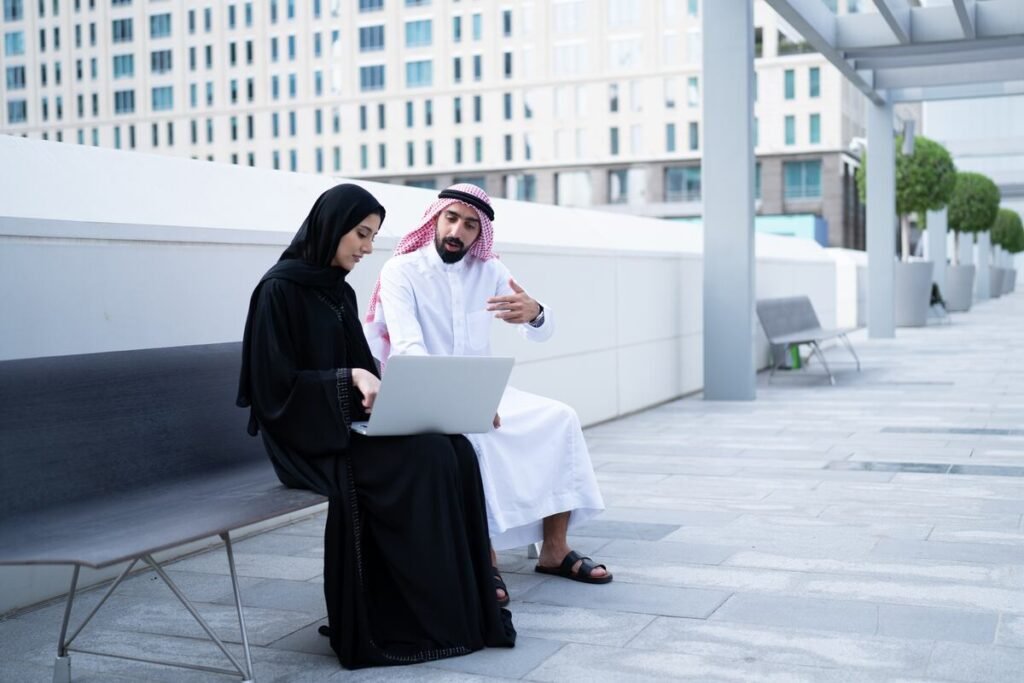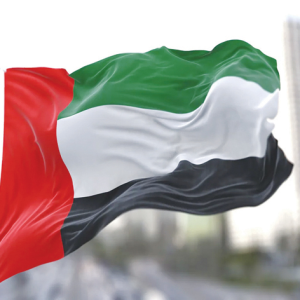Saudi Arabia is undergoing a dramatic economic transformation—and it’s not just about mega-projects or foreign investments. At the heart of this change is a workforce that’s growing more confident, ambitious, and selective. More than ever, Saudi workers are signaling a willingness to walk away from their current jobs in search of better pay, stronger benefits, and more meaningful careers.
This momentum is not accidental. As Vision 2030 continues to reshape the Kingdom’s economic landscape, the people powering this shift—the employees—are realizing their growing value in a rapidly diversifying labor market.
The Power Shift: Employees Take Control
For years, the labor market in Saudi Arabia was largely defined by stability, long tenures, and limited mobility. Today, that’s no longer the case. Across industries, Saudi nationals are showing a clear desire to advance quickly, gain new skills, and be paid what they’re worth.

Young professionals are especially vocal about wanting to leave behind stagnant roles. They’re not just asking for raises—they’re asking for respect, development opportunities, and workplaces that value them as partners, not just employees. It’s a generational shift, fueled by optimism and confidence in a more dynamic economy.
Vision 2030 and Its Role in Workforce Awakening
Vision 2030 has laid the foundation for a more empowered workforce. The initiative is not only reshaping industries—it’s creating new ones, opening up fresh opportunities in fields like renewable energy, tourism, digital services, entertainment, and advanced technology.

By prioritizing education, entrepreneurship, and local employment, Vision 2030 is actively encouraging Saudis to take charge of their career paths. No longer content to play supporting roles, many are stepping up to lead, innovate, and shape the future of their industries.
In this new ecosystem, workers are thinking big. They’re quitting jobs that don’t meet their expectations, exploring startups, pursuing side hustles, and aiming for leadership roles that were once reserved for expatriates or the elite.
The Motivation Behind the Mass Movement
Better Compensation
The number one driver behind this workforce exodus is money. Many workers feel they’ve outgrown their current compensation packages and see better opportunities elsewhere. With demand for local talent surging, especially in newly emerging sectors, the leverage has shifted toward employees.
This isn’t just about base salaries—workers are looking for comprehensive reward systems that include performance bonuses, housing support, travel perks, and flexible scheduling.

Career Growth and Advancement
Many employees feel boxed into roles with limited upward mobility. Instead of waiting years for promotions that may never come, they’re choosing to make bold moves. Vision 2030 has fostered a mindset of growth, and people are responding by actively seeking employers who invest in their development.
Training, certifications, exposure to international projects, and leadership mentoring are now high-priority factors for job seekers. A job that doesn’t provide a clear growth path is no longer attractive—regardless of stability or prestige.
Workplace Culture and Flexibility
Beyond pay and promotions, workers are also looking for culture—workplaces that are inclusive, progressive, and balanced. The younger workforce especially values mental well-being, flexible hours, and a supportive environment. A growing number are even turning down higher salaries for jobs that offer better work-life integration.
This cultural demand is pushing companies to evolve. Rigid hierarchies and outdated management styles are being challenged. Those who adapt are thriving; those who don’t risk losing their top talent.
Employers Scramble to Retain Talent
As Saudi workers become more assertive, employers are being forced to reimagine their strategies. Some are stepping up with salary adjustments, perks, and fast-track promotion pathways. Others are investing in digital tools, training programs, and international mobility to appeal to a more ambitious workforce.
Talent retention is no longer just an HR issue—it’s a strategic priority.
Businesses are also learning that branding matters. In a competitive labor market, being known as a great place to work is as important as offering a good salary. Word spreads fast on social media, and a few bad reviews can cause promising candidates to look elsewhere.
High-Potential Sectors Fueling Ambition
Tourism and Hospitality
The boom in tourism and entertainment is creating thousands of jobs across service and management levels. From luxury hotels to cultural tourism startups, Saudis are entering a sector once dominated by foreign workers and finding fast upward mobility.
Tech and Innovation
Startups, fintech firms, and AI-driven enterprises are seeking fresh Saudi talent, offering competitive salaries and a culture of experimentation. For the digitally fluent youth, this sector offers both high income and high impact.
Green Energy
Saudi Arabia’s push toward sustainability is opening up opportunities in solar energy, wind farms, water tech, and more. These industries offer long-term career security and purpose-driven work—especially appealing to environmentally conscious professionals.
Construction and Infrastructure
Mega-projects like NEOM, the Red Sea Project, and Diriyah Gate are fueling demand for engineers, project managers, and architects. These projects are symbols of national pride—and the people involved are motivated not just by salary, but by their role in building the future of the Kingdom.
Personal Stories That Inspire
It’s not just data driving this trend—it’s the personal stories behind the numbers.
A 29-year-old project manager from Jeddah recently left his job in oil and gas to join a renewable energy firm. While the base pay was similar, the new role offered him equity options, flexible hours, and international exposure. “It felt like a step into the future,” he said.
A young woman working in a government office made the jump to a tourism startup. “It was a pay cut at first, but within a year, I was promoted and earning more than before. Plus, I love what I do.”
These stories aren’t outliers—they’re becoming the new norm.
Women Leading the Change

Women in Saudi Arabia are also playing a leading role in this workforce evolution. With increased access to education, financial independence, and leadership programs, Saudi women are entering the workforce in record numbers—and they’re not settling for low pay or limited roles.
More women are starting their own businesses, working in sectors once closed to them, and demanding respect in boardrooms and offices alike. Their drive and determination are adding new depth to the Saudi labor market.
The Future of Work in Saudi Arabia
Looking ahead, the labor landscape in Saudi Arabia will likely become even more competitive, fluid, and rewarding. Workers are expected to move more frequently between jobs, seeking purpose and pay over prestige and position.
Employers who adapt—those who value their people, invest in development, and build human-centric cultures—will emerge as leaders. Those who cling to outdated models risk being left behind.
This is no longer just an economic story—it’s a cultural one. Saudi Arabia is witnessing the rise of a workforce that believes in its own power, one that’s not afraid to ask for more—and walk away when they don’t get it.
Final Thoughts
Vision 2030 has sparked a powerful wave of change, not just in Saudi Arabia’s economy, but in its people. Workers are no longer just showing up—they’re showing ambition, self-worth, and courage. They’re quitting jobs that no longer serve them and embracing roles that align with their values and vision.
And in doing so, they’re not just building careers—they’re building the future of Saudi Arabia.
Do follow UAE Stories on Instagram
Read More: UAE Workers Push for Better Pay as 80% Eye New Job Opportunities












